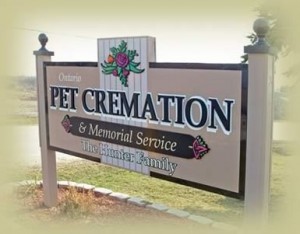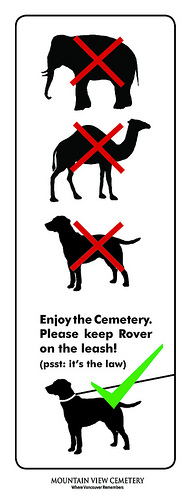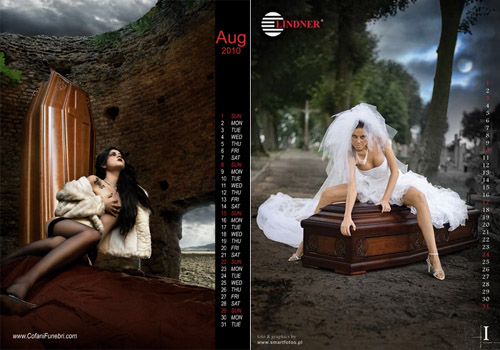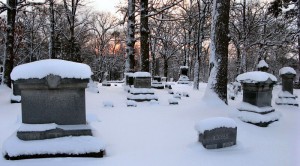St. Joseph Abbey’s Monks Battle State Funeral Industry Regulators for Right to Sell Caskets
Ramon Antonio Vargas, The Times-Picayune (August 13, 2010)
One of the lesser-known classic blunders is trying to prevent jovial Benedictine monks, living peacefully in their Louisiana monastery, from selling hand made wooden caskets to the general public. Not unlike starting a land war in Asia or a battle of wits with a Sicilian. Stated simply, the odds aren’t that good.
So it goes that the monks of the Saint Joseph Abbey of St. Benedict were ordered by the state to cease and desist selling their hand crafted caskets to the good people of Louisiana. Why is this you might ask? Well, Louisiana laws stipulates that only ‘funeral establishments’ can sell ‘funeral merchandise’ such as caskets.
And here is that law:
Louisiana Revised Statute 37:848
C. It shall be unlawful for anyone to engage in the business of funeral directing or embalming as defined in R.S. 37:831 unless such business is conducted by a duly licensed funeral establishment.
But what does that mean? Well, let us look at RS 37:831 for clarity:
Louisiana Revised Statute 37:831
(37) “Funeral directing” means the operation of a funeral home, or, by way of illustration and not limitation, any service whatsoever connected with the management of funerals, or the supervision of hearses or funeral cars, the purchase of caskets or other funeral merchandise, and retail sale and display thereof, the cleaning or dressing of dead human bodies for burial, and the performance or supervision of any service or act connected with the management of funerals from time of death until the body or bodies are delivered to the cemetery, crematory, or other agent for the purpose of disposition.
The problem with this law is that it seems to contradict the US Federal Trade Commission’s oversight of the funeral industry, usually just referred to as the Funeral Rule. The second article at the top of the page is the first one that I have seen which highlights this problem.
There is a lot of history as to how and why the Funeral Rule (which most people don’t know exists) came into being. In a nutshell, the Funeral Rule states what a consumer’s legal rights are when paying for a funeral. The FTC helpfully publishes Paying Final Respects: Your Rights When Buying Funeral Goods & Services which is the law, literally, for the American funeral industry.
This all brings me back to the Saint Joseph Abbey monks because FTC rules clearly state that any person can:
Provide the funeral home with a casket or urn you purchase elsewhere. The funeral provider cannot refuse to handle a casket or urn you bought online, at a local casket store, or somewhere else — or charge you a fee to do it. The funeral home cannot require you to be there when the casket or urn is delivered to them.
So unless I’m missing something (and I could be) it appears that Louisiana state law is trying to supersede federal law and that, generally, is frowned upon by the US Courts. Indeed, the general wisdom on ‘third-party casket sales’ is that consumers have every right to purchase these funeral goods without hindrance and that a funeral home cannot refuse to use said third-party casket. Coincidentally, the August-September issue of International Cemetery, Cremation and Funeral Association Magazine (one of my favorites…) has a lengthy discussion on using third-party caskets, such as the ones made by the monks.
Now, I know what you’re thinking: AHA!!!! But these monks are not consumers they are producers of caskets and therefore not covered by the FTC Funeral Rule. This is correct but still a problem because the general public is being denied its federally backed right to purchase these caskets.
In my reading of the FTC Funeral Rule, the state of Louisiana cannot dictate whom the public buys caskets from and, as such, cannot control what constitutes a legitimate casket maker. Or, at least, can’t say that the St. Joseph Abbey monks have to be a ‘funeral home’ in order to sell their caskets.
All of this, then, brings me to the Institute for Justice, a Washington, DC based, capital ‘L’ for Libertarian, public interest law firm. The IJ is representing the monks in their court case against the state of Louisiana and presenting the case as a total violation of the monks’ Constitutional rights. What I’m not clear on is why the IJ isn’t just making the easier point about the FTC rules.
Unless, of course, the Institute for Justice doesn’t really care for the Federal Trade Commission, which would make sense given its Libertarian ethos.
Don’t get me wrong– I love the Libertarians. As a group, the Libertarians equally antagonize most American political parties and that is always good to see.
I just wonder if the video that the IJ produced on behalf of the monks (please see below) is a little more, ummm, over-the-top than it needs to be? Rarely do I have trouble distinguishing between an old Saturday Night Live commercial and an actual advocacy ad but this one comes close.
Besides, the state of Louisiana is going to lose this case. A few weeks ago, Meg posted a piece on Casket Company Trust Busting currently going on in America and it is clear that unfair business practices are on the funeral industry radar.
Don’t pick on the monks Louisiana. You aren’t just messing with some jovial band of Benedictines. Oh no. You are staring into the steely, cold gaze of the Libertarians…
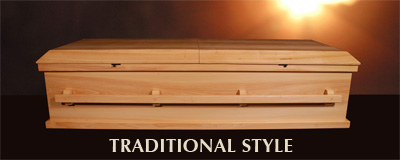

 “There has been significant growth in pet cremation over that past ten years as families seek ways to appropriately memorialize a cherished pet,” said IAOPCC President Scott Hunter, “and at the same time owners want reassurance that the cremation facilities they use provide high quality services for their pets. By working with the Cremation Association of North America, we seek to establish standard industry terminology and practices for the proper respectful care of pets in memorial services.”
“There has been significant growth in pet cremation over that past ten years as families seek ways to appropriately memorialize a cherished pet,” said IAOPCC President Scott Hunter, “and at the same time owners want reassurance that the cremation facilities they use provide high quality services for their pets. By working with the Cremation Association of North America, we seek to establish standard industry terminology and practices for the proper respectful care of pets in memorial services.”